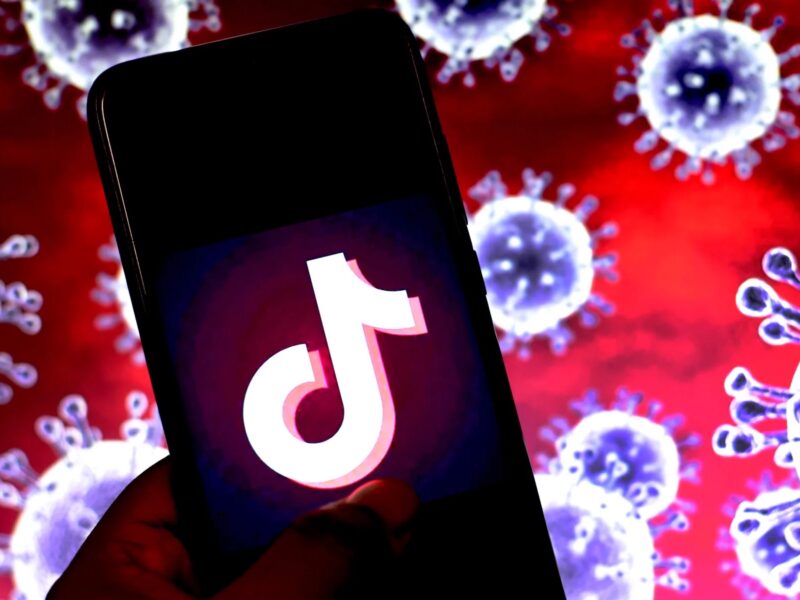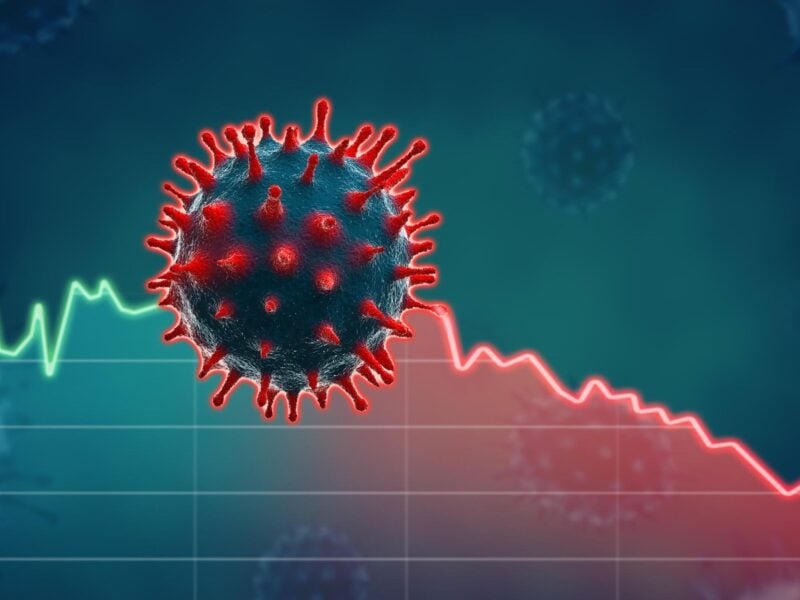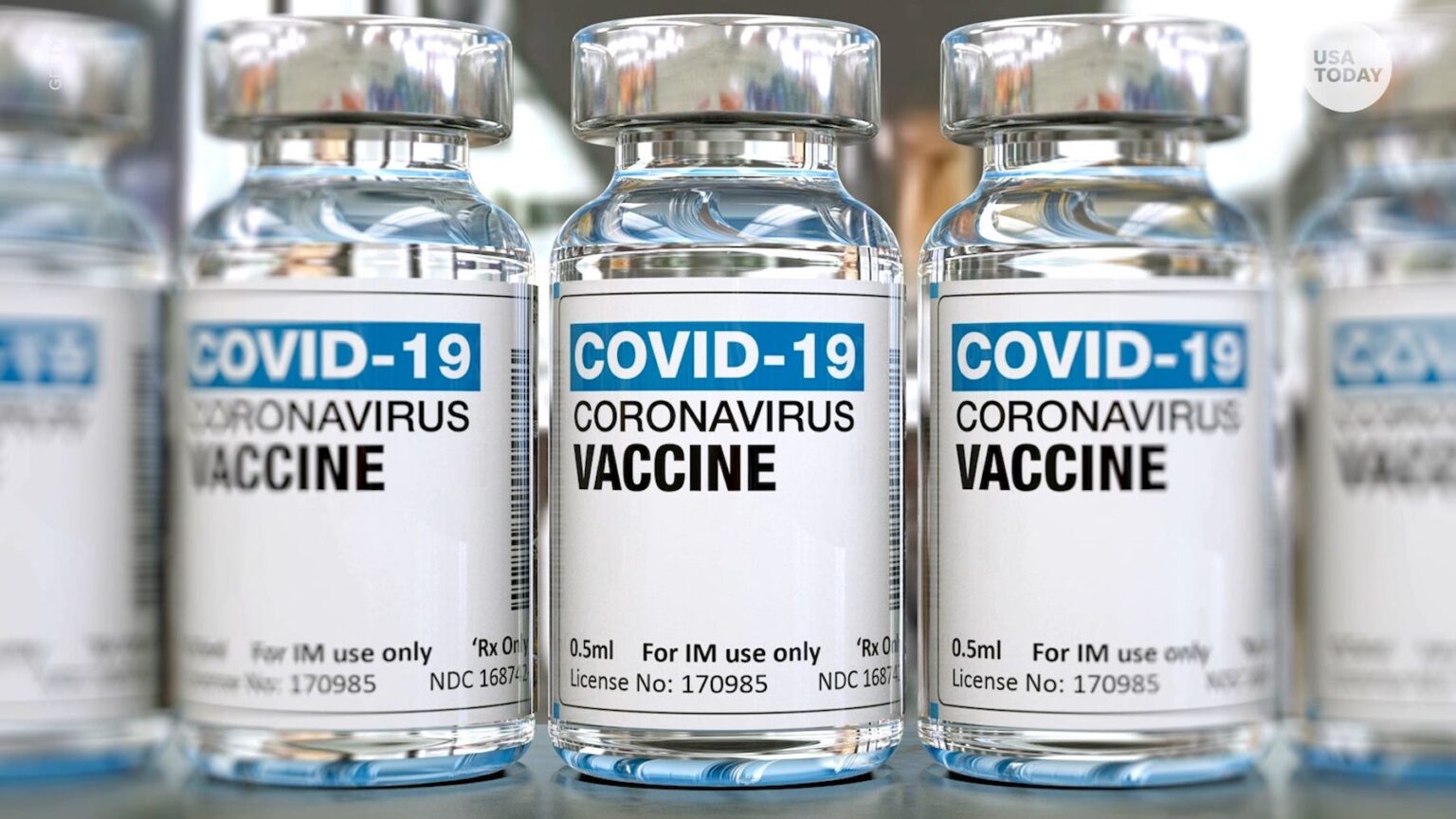
Will the coronavirus vaccine be worth more than gold? Experts are worried
On Thursday, the International Business Machines Corporation (IBM), announced they discovered an email-based scheme targeting coronavirus vaccine suppliers, as well as cold-chains that maintain medicine & equipment at the correct temperature. They subsequently warned companies to remain “vigilant” and on “high alert” for attempts to sabotage the COVID-19 vaccine.
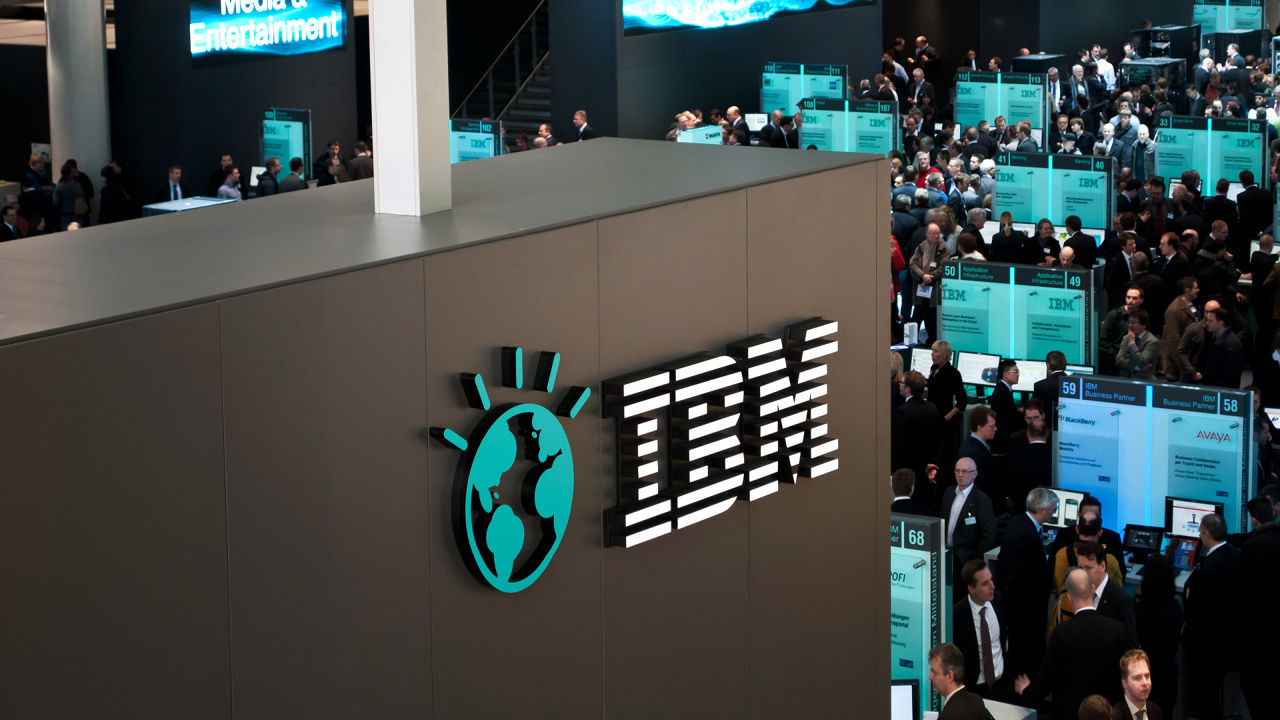
How fraud was discovered
Claire Zaboeva & Melissa Frydrych, researchers at IBM, released a report on their findings. “We assess that the purpose of this campaign may have been to harvest credentials to gain future unauthorized access,” their statement read. “From there, the adversary could gain insight into internal communications, as well as the process, methods and plans to distribute a COVID-19 vaccine.”
How could something like this happen? IBM has a whole department dedicated to keeping watch over their COVID cybersecurity. The task force reported it discovered emails impersonating a Chinese executive at a reliable-looking supply company.
The emails reached out to vaccine organizations in Italy, Germany, South Korea, the Czech Republic, and Taiwan.

Who was targeted?
According to IBM, it’s likely the attacks were focused on companies linked to a financing institute called “Gavi, The Vaccine Alliance”, which is funded by the Bill & Melinda Gates Foundation. Gavi’s mission is to find a way to supply lower income people with the coronavirus vaccine once it arrives. Ultimately, Gavi hopes to ensure the vaccine is distributed fairly & ethically.
A Gavi spokesperson discussed the recent instances of potential fraud with CNBC on Thursday. “Gavi has strong policies and processes in place to prevent such phishing attacks and hacking attempts,” they said. “We are working closely with our partners on security awareness to continue to strengthen these best practices.”
IBM analysts also responded to the attack on Gavi, emphatically stating: “A breach within any part of this global alliance could result in the exposure of numerous partner computing environments worldwide.”

How will this affect the vaccine process?
It is still unclear whether or not the phishers were actually able to acquire any protected vaccine information. It’s also unclear who might be behind the scheme. Still, it raises real concerns regarding the valuable nature of the vaccines, and how far people might go to take advantage of its worth.
Much of the security concerns stem from the fact that some vaccine manufacturers, like Pfizer, need to house their products at extremely low temperatures. This requires special equipment to safely maintain these conditions.

It’s predicted the Food and Drug Administration will give Pfizer & Moderna the green light to begin distribution in the coming weeks.
But the need for specific temperatures makes the companies more vulnerable to hacking. Moderna’s vaccine requires anywhere between 36 & 46 degrees Fahrenheit to store it, which is around the same temperature as your fridge. However, Pfizer’s vaccine must be stored at -94 degrees Fahrenheit, which will require special equipment.
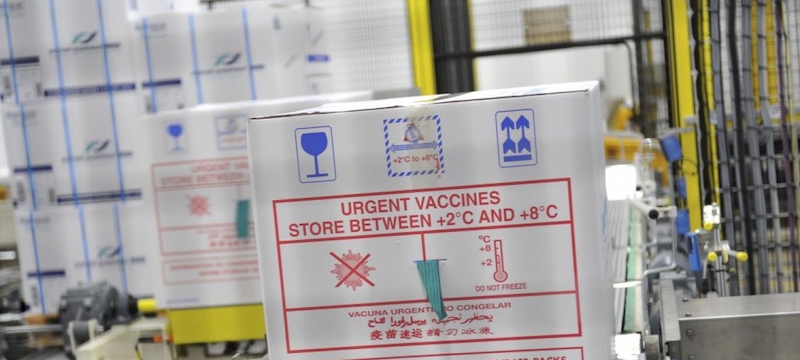
What can be done?
Soumi Saha, a pharmacist & vice president of advocacy for Premiere, a hospital & nursing home consulting firm, told CNBC there are major concerns when it comes to vaccine storage sabotage.
“This is completely new territory for health supply chains,” she said. “And so this is a brand new logistical challenge in order to distribute this vaccine and get it to the right place and to do so while maintaining the integrity of the product.”

Indeed, in April, the World Health Organization announced it had seen an increasing amount of COVID-related cyberattacks. In a shocking report, the organization disclosed that on April 23, around 450 “active WHO email addresses & passwords were leaked online along with thousands belonging to others working on the novel coronavirus response.”
Ultimately, the best way forward, according to IBM, is that “companies in the COVID-19 supply chain – from research of therapies, healthcare delivery to distribution of a vaccine – to be vigilant and remain on high alert during this time.”
—
Whether the vaccine will be worth more than gold has to do with supply & demand. Unfortunately, if vaccine storage is sabotaged, prices for the vaccines could rise exponentially. Do you believe this will be a serious problem with vaccine development & distribution? Let us know your thoughts in the comments!





